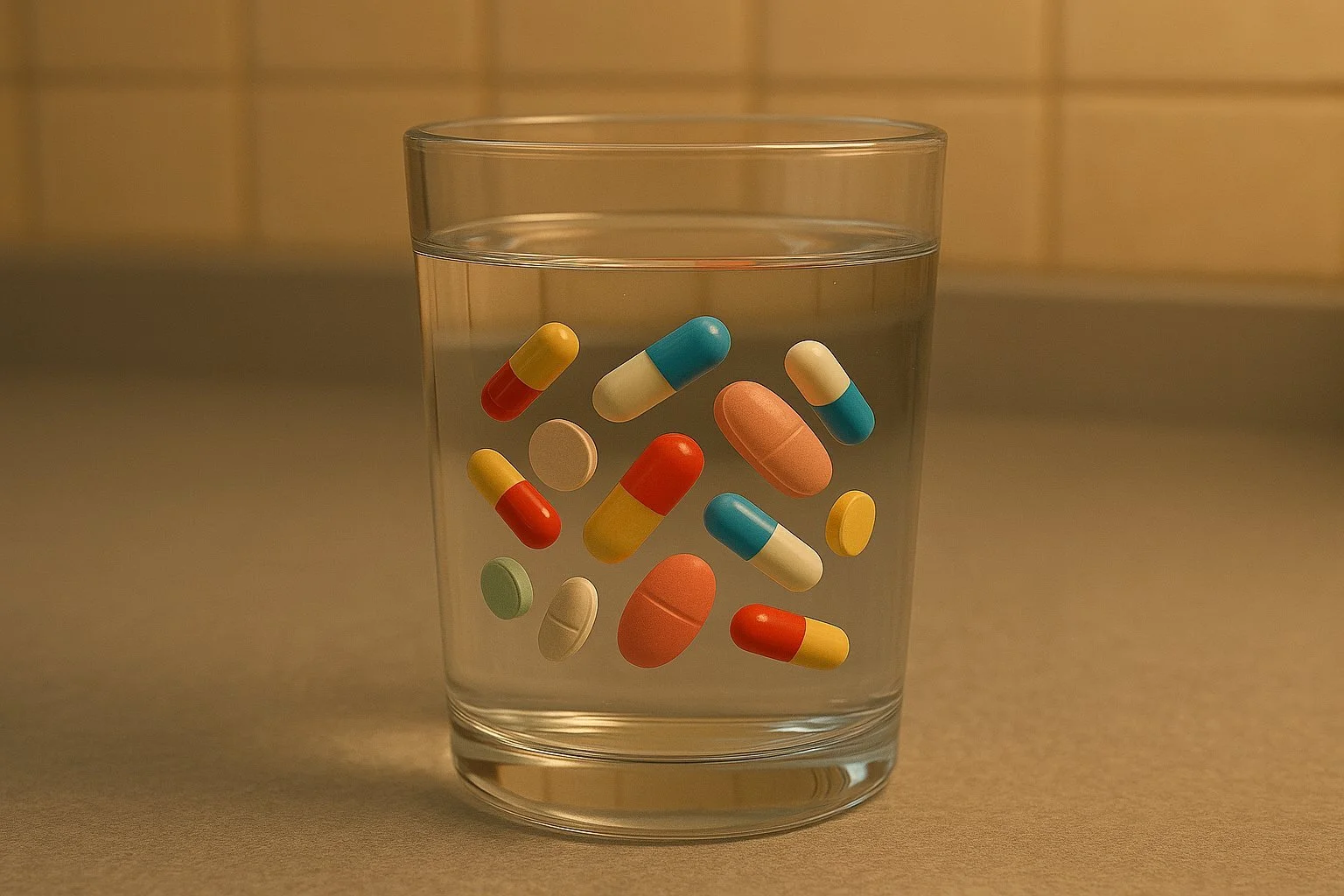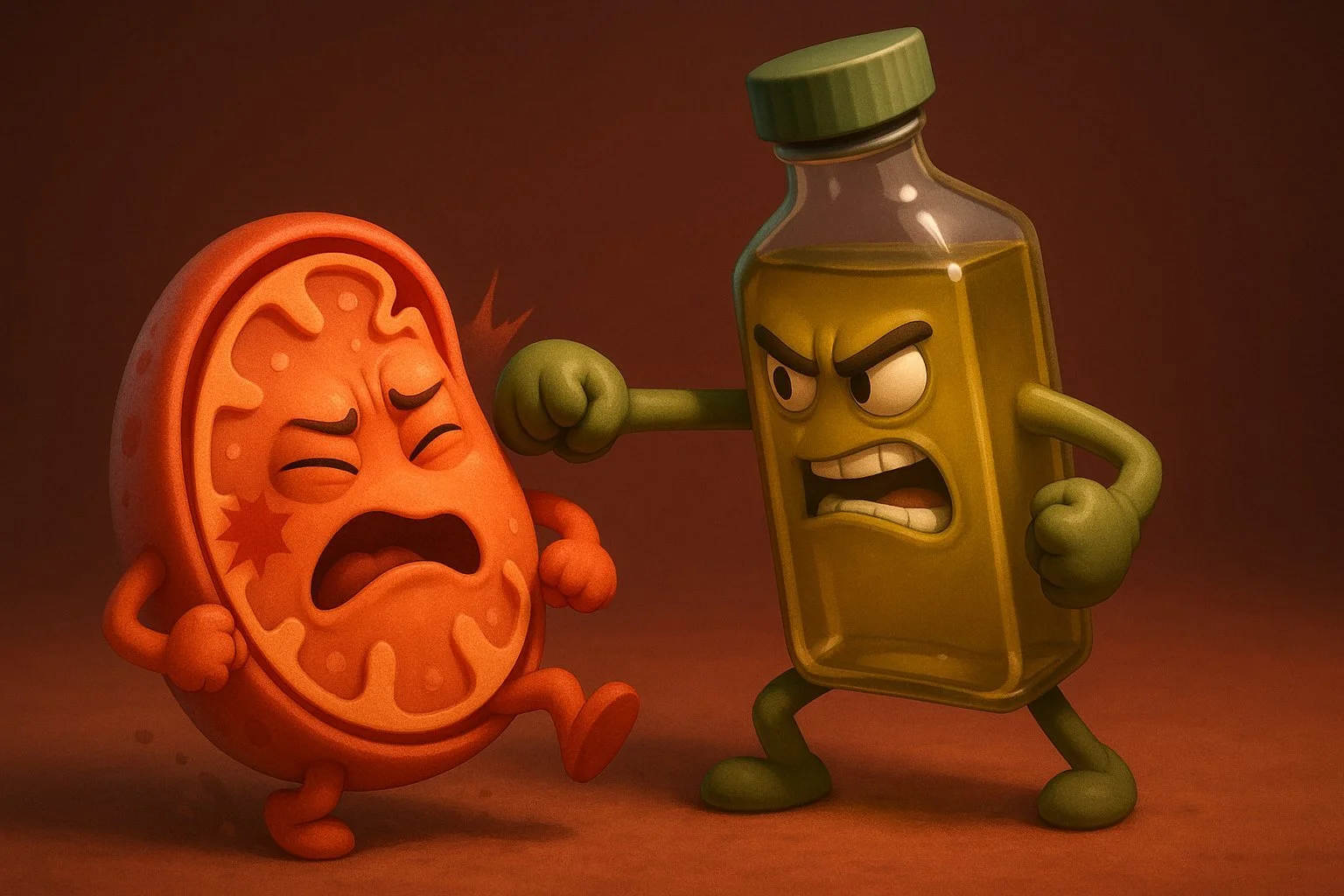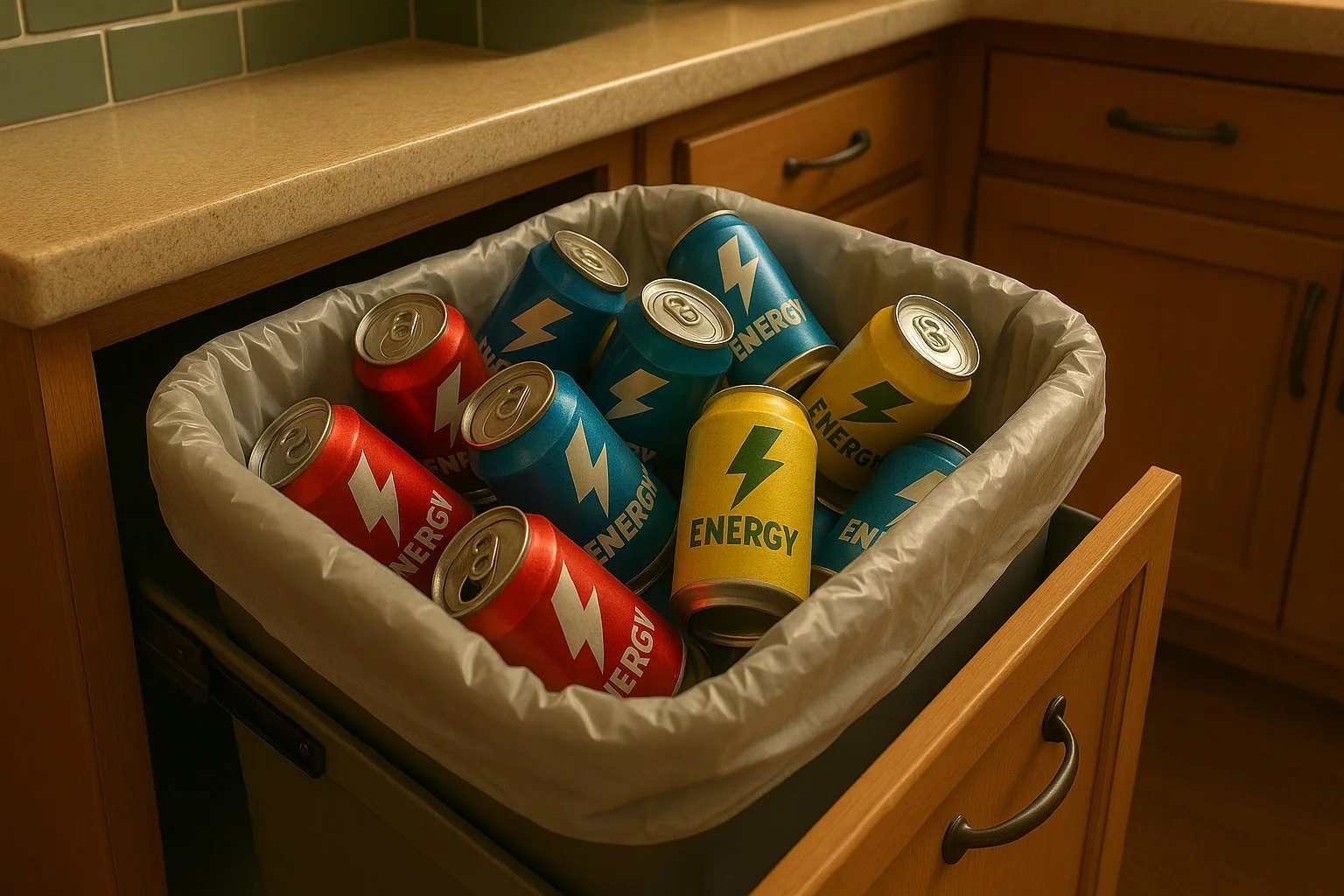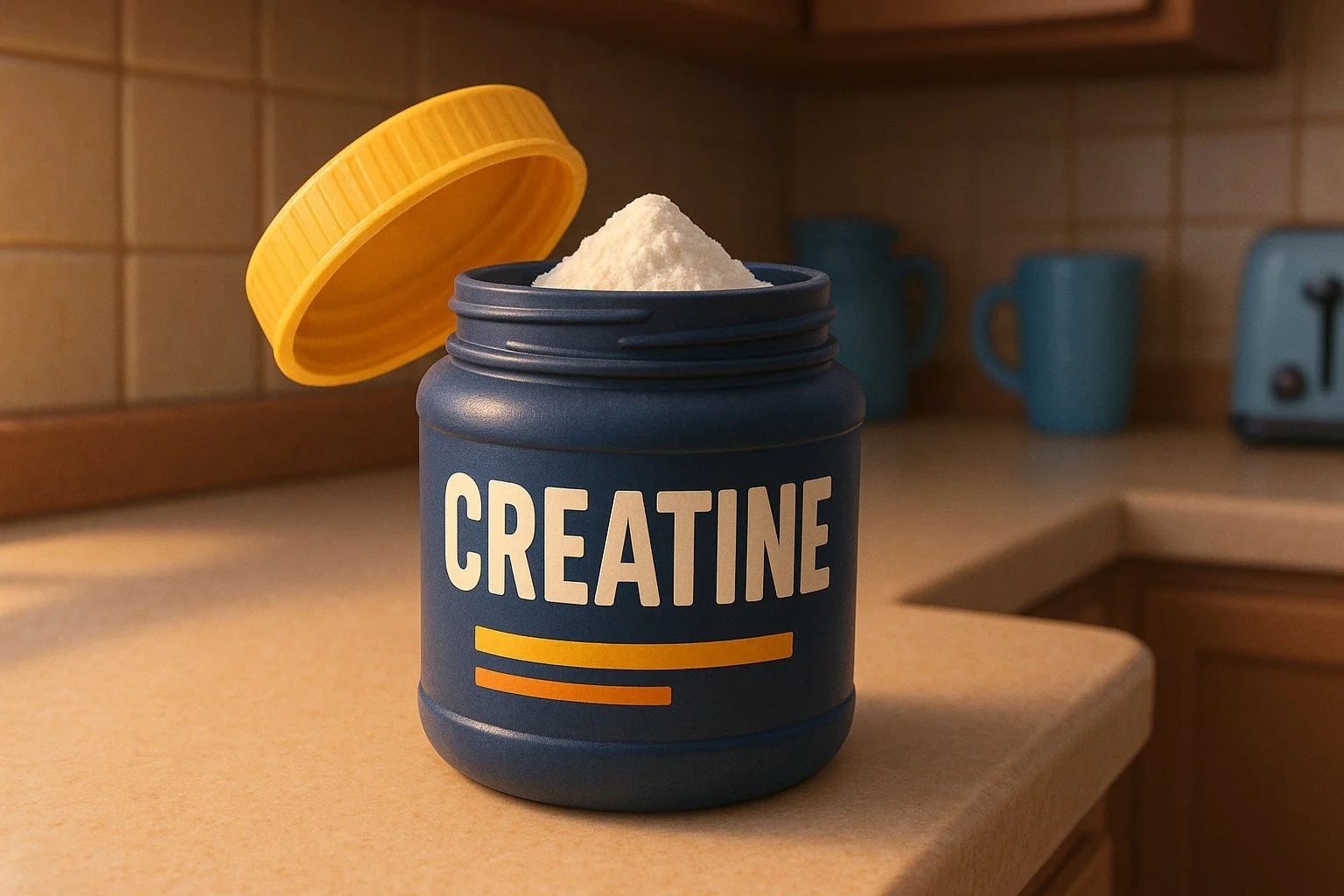
Health Studies Hub
Your go-to source for daily breakdowns of the latest health, fitness, and nutrition research.
Fish and Fish Byproducts Offer Potent Health Benefits.
A 2025 review in Frontiers in Nutrition highlights that fish are rich in bioactive compounds, omega-3 fatty acids, and high-quality proteins, which can help prevent cardiovascular, neurological, and inflammatory diseases.
Antibiotics Are Contaminating Rivers Worldwide.
A 2025 study led by McGill University found that nearly one-third of all antibiotics consumed by humans—about 8,500 tons—end up in rivers each year, even after wastewater treatment.
Sleep Loss Can Harm Your Heart—Even in Just a Few Nights…
A 2025 study from Uppsala University found that even short-term sleep deprivation raises inflammation-related proteins linked to cardiovascular disease, even in healthy young adults.
You’re Not Just Swimming in Chlorine—You’re Absorbing It.
Recent reports suggest the body absorbs up to 64% of pool chlorine through the skin, with children absorbing as much as 88%. This exposure can lead to skin irritation, dryness, and potential long-term effects like thyroid issues.
Winter doesn’t have to drain your vitamin D.
A 2025 study by the University of Bath found that regular indoor exercise helped people keep healthy vitamin D levels during the darker months, even without supplements or weight loss. Staying active supports your bones and immune system year-round.
Loneliness can be more dangerous than obesity.
The Harvard Study of Adult Development, ongoing since 1938, found that strong relationships—not money or fame—are the best predictors of long-term health and happiness. People with close community ties live longer and feel better.
Your Gut Health Could Hinge on Two Simple Additions.
A 2025 double-blind, placebo-controlled study by Laterza et al. in Nutrients found that taking a multistrain probiotic with vitamin D significantly improved gut barrier function and microbiota balance in people with IBS. Benefits even lasted after treatment stopped.
Seed oils are harming your mitochondria.
A 2025 analysis by Georgi Dinkov highlights that polyunsaturated fats (PUFAs), prevalent in many vegetable oils, can disrupt mitochondrial function in mammals. This disruption may impair energy production and overall cellular health.
Caffeine can sharpen your game—not just wake you up.
A 2025 meta-analysis by Chen et al. in Nutrients found that caffeine improved attack accuracy, agility, jump height, handgrip strength, and positive plays in volleyball players. The boost was seen with moderate doses before matches.
Sweet Drinks May Taste Harmless, but They Come With Serious Consequences.
A 2025 review in Nutrients links regular sugar-sweetened beverage (SSB) consumption to poorer sperm health—lower count, reduced motility, and increased DNA damage. Oxidative stress, hormonal disruption, and obesity may be to blame.
Your Blood and Urine Can Now Reveal How Much Ultra-Processed Food You Consume.
A 2025 study identified specific metabolite patterns—called poly-metabolite scores—that accurately reflect UPF intake. These biomarkers offer an objective alternative to self-reported diets, aiding large-scale nutrition research and potentially linking UPF consumption to health outcomes.
Using red light therapy can reduce acne by 60%–70% in as little as four weeks.
A 2015 review by Pei et al. found that red and blue-red light therapy significantly improved inflammatory acne, with added anti-inflammatory effects and deeper skin penetration. Results were even better when combined with blue light.
Creatine Speeds up Muscle Recovery After Tough Workouts.
A 2025 double-blind, placebo-controlled trial found that creatine monohydrate supplementation reduced post-exercise muscle damage and soreness, especially in women, who experienced less swelling. This suggests creatine can help maintain muscle function and comfort after intense training.













